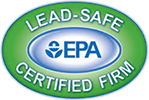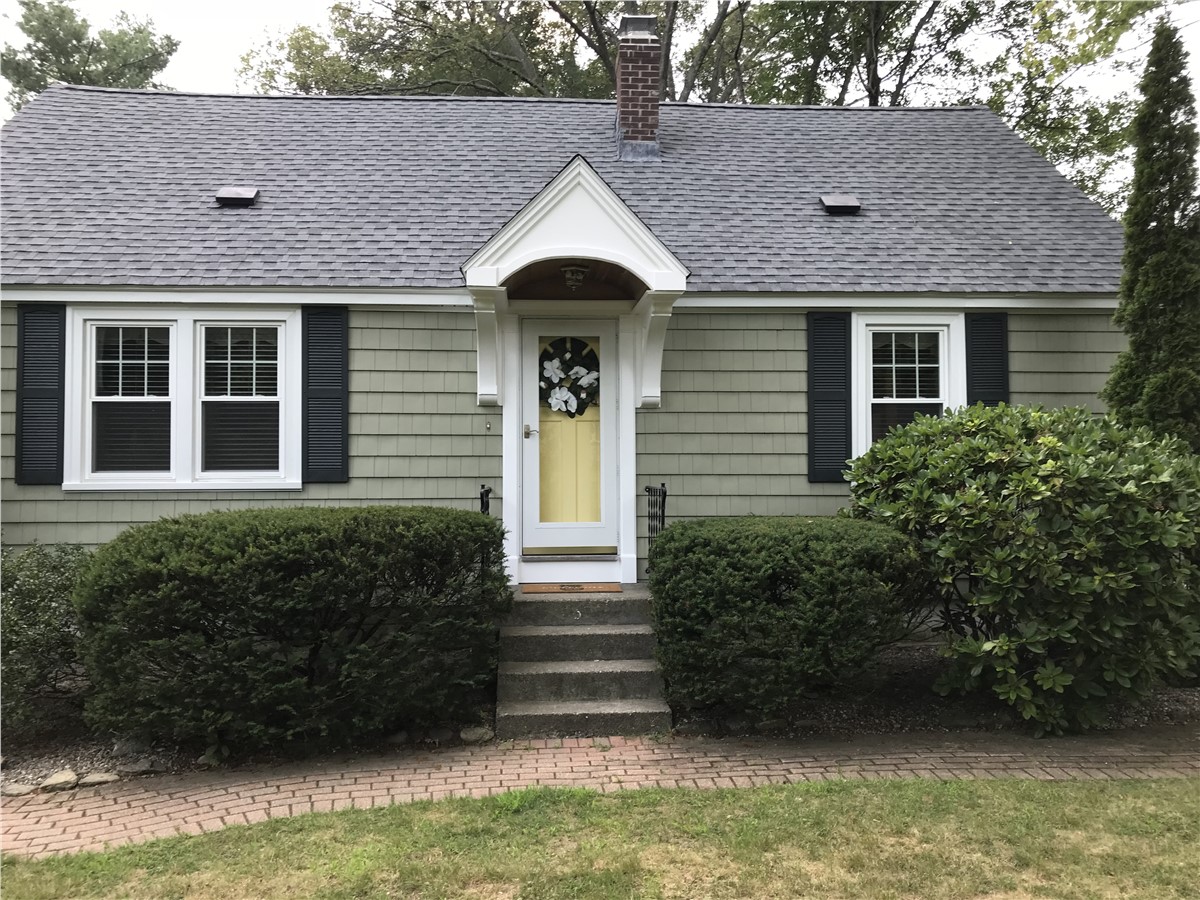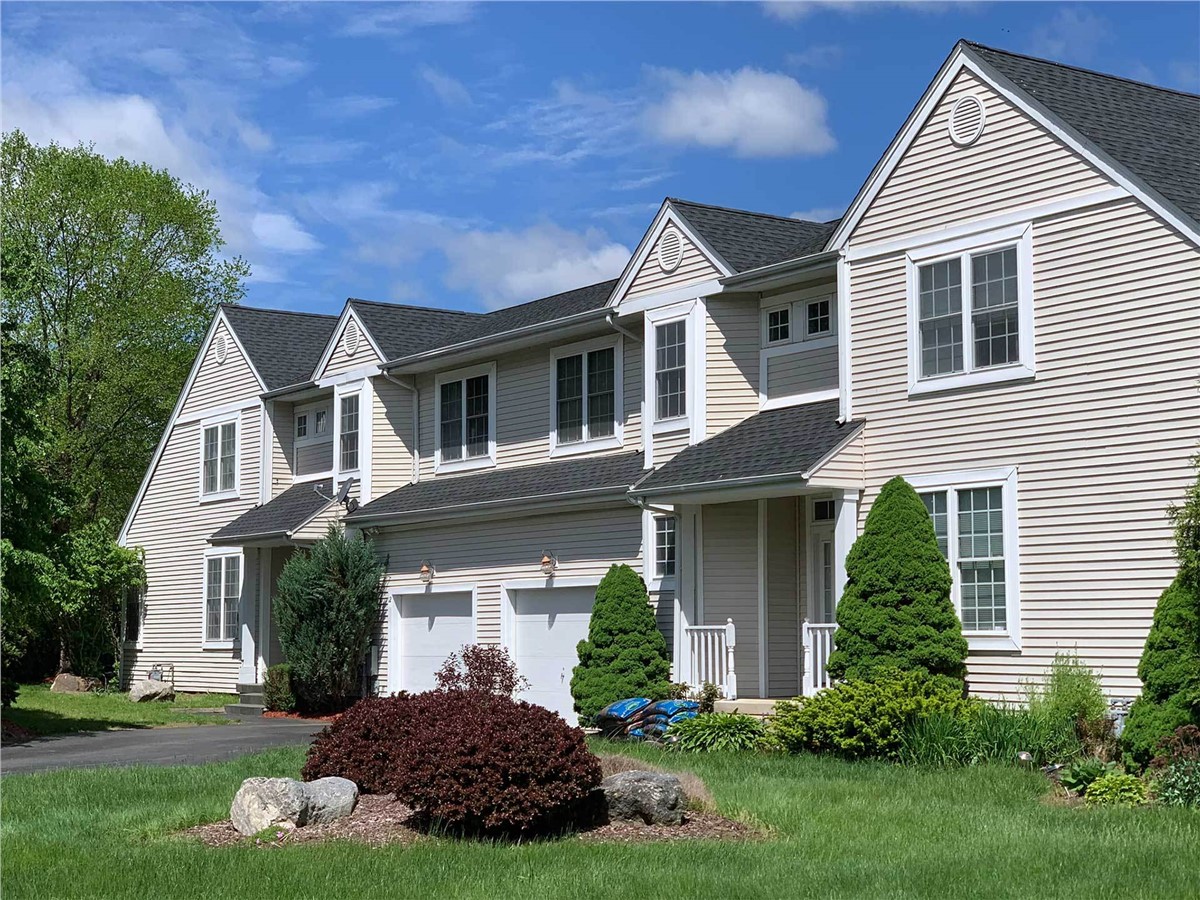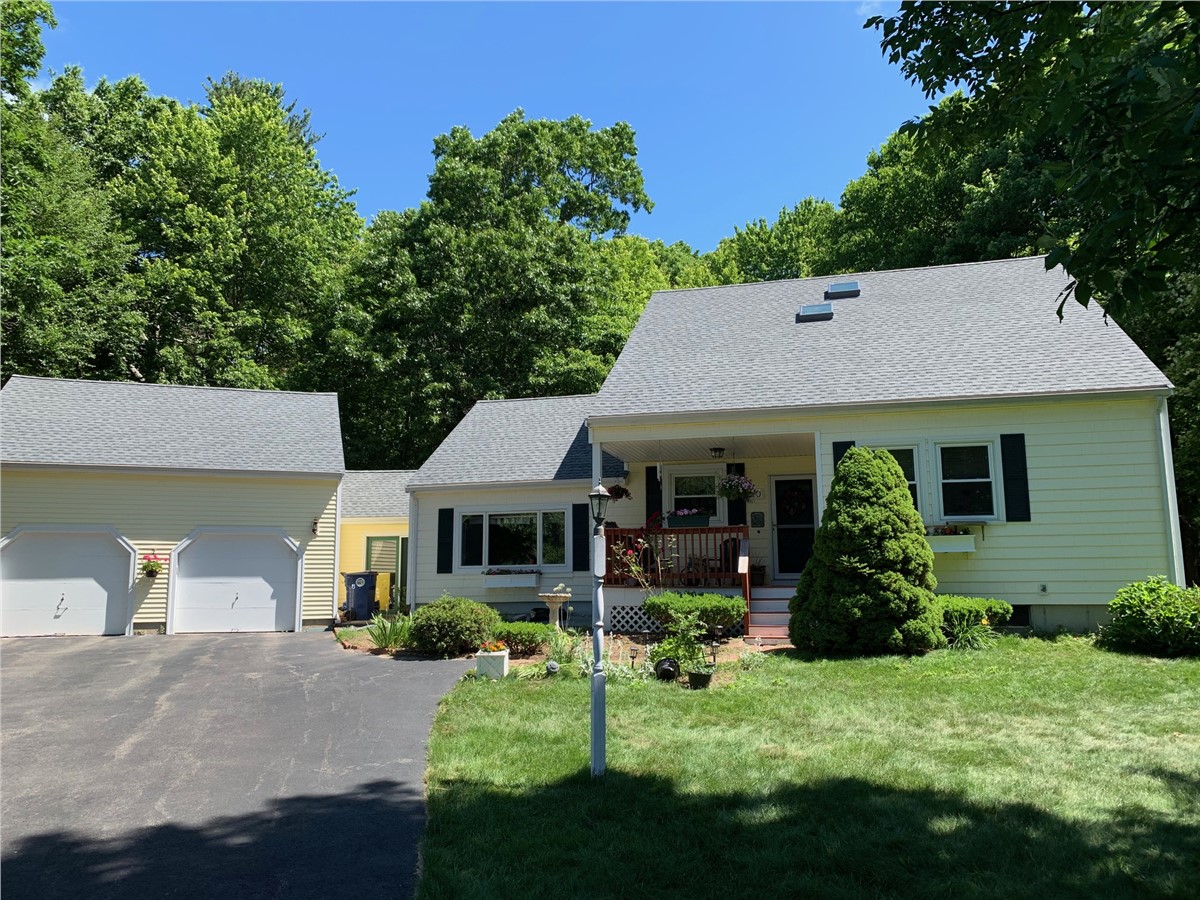
When looking for home insulation services, it’s key to know what exactly you need. In a nutshell:
Energy efficiency isn’t just a buzzword—it’s a significant way to reduce your heating costs and make your home more comfortable year-round. The Mass Save Program is a goldmine for Massachusetts homeowners looking to improve their homes. It offers rebates, energy assessments, and access to certified contractors who can help make your home more energy-efficient.
Insulating your home is more than just about keeping warm; it’s about creating a safe, comfortable environment that conserves energy and, importantly, saves you money. Whether it’s spray foam, fiberglass, or cellulose, choosing the right insulation material can make a massive difference in your home’s energy efficiency.
And if you’re in Massachusetts, taking advantage of the Mass Save Program can help you on your journey to a more efficient home. This program is specifically designed to assist homeowners in identifying areas that need improvement and providing financial incentives for making energy-efficient upgrades.

We’ll dive deep into the types of insulation, their benefits, and how choosing the right insulation contractor, especially one participating in the Mass Save Program, can dramatically improve your home’s energy efficiency. Let’s make your home safer, more comfortable, and energy-efficient together.
Types of Insulation
When it comes to making your home energy-efficient and comfortable, choosing the right type of insulation is crucial. There are several types of insulation, each with its own set of benefits and applications. Let’s explore the most common types: Spray Foam, Injection Foam, Fiberglass, and Cellulose Insulation.
Spray Foam Insulation
Spray foam insulation is a powerful insulator that expands to fill gaps, making it ideal for sealing air leaks. It comes in two types: Open-cell and Closed-cell.
Spray foam insulation can be more expensive upfront but can lead to significant energy savings over time.
Injection Foam Insulation
USA Premium Injection Foam is specifically designed for insulating existing walls. It’s pumped into wall cavities through small holes, making it an excellent option for retrofitting older homes without damaging the walls. This foam fills up the spaces around electrical wires and pipes, improving your home’s thermal envelope.
Fiberglass Insulation
Fiberglass insulation is made from fine glass fibers and is one of the most commonly used types of insulation. It comes in batts and rolls and can be easily installed in various parts of your home, including attics, walls, and crawl spaces.
Fiberglass is a cost-effective option and works well in most climates, but wear protective gear during installation due to the tiny glass fibers.
Cellulose Insulation
Cellulose insulation is made from recycled paper products, making it an eco-friendly choice. It’s treated with fire retardants and can be used in two forms:
Cellulose insulation has a higher R-value per inch than fiberglass, offering better thermal and sound insulation.
- Spray Foam: Great for sealing air leaks and adding R-value.
- Injection Foam: Ideal for insulating existing walls.
- Fiberglass: Commonly used in attics and walls; available in batts and rolls.
- Cellulose: Made from recycled materials, perfect for loose-fill or dense-pack applications.
- Open-cell spray foam is lighter and more flexible, which makes it great for soundproofing. However, it’s less effective at blocking moisture.
- Closed-cell spray foam is denser and more moisture-resistant, providing a higher R-value per inch, which means it’s better at preventing heat transfer.
- Batts are pre-cut pieces of insulation that fit between studs and joists.
- Rolls can be cut and trimmed to fit larger areas.
- Loose-fill is blown into attics or wall cavities, perfect for irregularly shaped areas and for adding insulation over existing material.
- Dense-pack cellulose can be used in walls and enclosed spaces. It provides excellent air sealing and is highly effective at reducing unwanted noise.

Selecting the right type of insulation for your home depends on various factors, including your climate, home design, and budget. Working with a knowledgeable contractor, especially one participating in the Mass Save Program, can help you make the best choice. The program offers rebates and energy assessments to Massachusetts residents, making it easier and more affordable to improve your home’s energy efficiency.
In the next section, we’ll discuss the benefits of home insulation in detail, highlighting how it can lead to energy savings, enhanced comfort, moisture control, and noise reduction. Stay tuned to learn how to transform your home into a cozy, energy-efficient haven.
Benefits of Home Insulation
Insulating your home is like wrapping it in a cozy blanket. It’s not just about keeping warm or cool; it’s about creating a comfortable, healthy, and quiet environment. Let’s dive into how home insulation services can transform your living space.
Energy Savings
The first and most obvious benefit is energy savings. Proper insulation acts as a barrier, keeping the heat out during summer and in during winter. This means your heating and cooling systems don’t have to work as hard, which can lead to significant savings on your energy bills. In fact, according to the Mass Save Program, participants can save on utility bills by making their homes more energy-efficient. It’s a win-win: you save money and contribute to environmental sustainability.
Comfort
Next up is comfort. Insulation helps maintain a consistent temperature throughout your home, eliminating hot or cold spots that can make certain rooms uncomfortable. Whether you’re dealing with the blazing heat of summer or the chill of winter, insulation ensures that every room in your home feels just right.
Moisture Control
Moisture control is another critical aspect. Without proper insulation, moisture can seep into your home, leading to mold and mildew. This not only damages your property but can also pose health risks. Insulation acts as a moisture barrier, keeping your home dry and protecting the structural integrity of your building.
Noise Reduction
Lastly, let’s talk about noise reduction. Insulation doesn’t just keep out the cold or heat; it also blocks noise. Whether it’s the sound of traffic, noisy neighbors, or barking dogs, insulation helps create a peaceful and quiet environment inside your home. This is especially beneficial in urban areas or for homes near busy streets.
By investing in home insulation services, you’re not just improving your home’s energy efficiency; you’re enhancing your quality of life. The benefits extend beyond just saving money; they include creating a comfortable, healthy, and quiet living space for you and your family. And with programs like Mass Save, making these improvements is more accessible than ever.
In the next section, we’ll guide you on choosing the right insulation contractor, including the importance of certifications, experience, reviews, and how to take advantage of the Mass Save Program. Stay tuned to ensure your insulation project is a success.
Choosing the Right Insulation Contractor
When it’s time to upgrade your home’s insulation, picking the right contractor is as crucial as choosing the type of insulation itself. Here’s how to make sure you’re getting the best professional for the job:
Certifications
Look for contractors with recognized industry certifications. These show a commitment to their craft and ensure they’re up to date with the latest insulation techniques and products. Certifications like EPA Lead-Safe, CertainTeed Master Craftsman, and Owens Corning Preferred Contractor are good indicators of a reputable contractor.
Experience
Experience matters. A contractor who has been in the business for years has likely encountered a variety of home types and insulation challenges. They can bring this wealth of knowledge to your project, ensuring it’s done right.
Reviews
What others say about their experience can give you insight into what to expect. Look for contractors with positive feedback across different platforms. Happy customers often highlight reliability, quality of work, and customer service—key factors in choosing the right contractor.
Mass Save Program
The Mass Save Program is a game-changer for Massachusetts residents looking to improve their home’s energy efficiency through insulation. Here’s what you need to know:
By choosing a contractor involved in the Mass Save Program, you’re not just getting quality home insulation services; you’re also accessing a wealth of savings and expertise that can make your project more affordable and effective. The right contractor will not only have the necessary certifications and experience but will also help you navigate the Mass Save Program to maximize your investment in home insulation.
In the next section, we’ll explore the best insulation options for different areas of your home, from the attic to the basement. Understanding where and how to insulate can further enhance your home’s comfort and energy efficiency.
Insulation for Different Home Areas
When it comes to insulating your home, not all areas require the same approach. Different sections of your house like the attic, walls, and basements have unique needs. Let’s dive into the specifics of insulating these critical areas effectively.
Attic Insulation
The attic is often the primary source of energy loss in a home. Proper insulation here can significantly reduce your heating and cooling costs.
Wall Insulation
Walls are like the skin of your home, and insulating them can prevent significant energy leakage.
Basement and Crawl Space Insulation
Basements and crawl spaces are prone to moisture, which can lead to mold growth and structural damage. Insulating these areas not only saves energy but also protects your home.
By addressing the specific needs of each area in your home, you can ensure a more energy-efficient and comfortable living environment. The right insulation and proper installation can make a significant difference in your home’s overall energy consumption and comfort. If you’re considering upgrading your home’s insulation, it’s worth exploring the Mass Save Program, which offers rebates and energy assessments to help make your insulation project more affordable. Working with a participating contractor can help you navigate the program and maximize your investment in home insulation.
Frequently Asked Questions about Home Insulation
Navigating home insulation can be complex. Here are some straightforward answers to the most common questions we encounter.
What is the best type of insulation for my home?
The “best” type of insulation depends on several factors:
– Your home’s design: Different structures benefit from different insulation types.
– The area being insulated: Attics, walls, and basements have unique requirements.
– Your budget: Costs vary widely among insulation types.
– Local climate: Some insulation types perform better in specific climates.
In general, spray foam insulation is highly versatile and effective for various areas of a home, offering excellent air sealing and moisture resistance. Fiberglass and cellulose are cost-effective options for attics and walls. A professional assessment can help determine the most suitable type for your needs.
How much does home insulation cost?
The cost of home insulation services varies widely based on:
– The type of insulation: Spray foam tends to be more expensive than fiberglass or cellulose.
– The size of the area: Larger areas require more materials and labor.
– Accessibility: Hard-to-reach areas may increase the cost.
On average, homeowners might spend anywhere from a few hundred to several thousand dollars. It’s best to get a detailed quote from a trusted contractor who can assess your specific situation.
How can I finance my home insulation project?
One excellent resource for Massachusetts residents is the Mass Save Program. This initiative offers:
– Rebates and incentives: You can significantly reduce upfront costs on insulation services.
– No-cost energy assessments: A professional will evaluate your home to identify energy-saving opportunities, including insulation improvements.
– Loan options: Interest-free loans may be available to help spread the cost over time.
To take advantage of the Mass Save Program, ensure you work with a participating contractor who can guide you through the application process and help maximize your benefits.
Investing in quality home insulation services not only reduces your energy bills but also enhances your comfort and the value of your home. If you have more questions or are ready to take the next step, consider reaching out to a certified professional who can provide personalized advice and solutions.
Moving on, let’s explore how different areas of your home can benefit from specific insulation strategies to further enhance energy efficiency and comfort.
Conclusion
In wrapping up our journey through home insulation services, it’s clear that the path to a more energy-efficient and comfortable home is well within reach. By understanding the various types of insulation and their benefits, homeowners are empowered to make informed decisions that not only enhance the livability of their spaces but also contribute significantly to environmental conservation.
Energy efficiency is not just a buzzword; it’s a practical goal that can be achieved through the strategic application of insulation. Whether it’s spray foam in the attic or injection foam within the walls, each choice plays a pivotal role in reducing the energy required to heat or cool our homes. This, in turn, translates to lower utility bills and a smaller carbon footprint, making our living spaces kinder to both our wallets and the planet.
Comfort is another undeniable benefit of proper insulation. Imagine a home that stays warm in the winter and cool in the summer, without the constant hum of heating or air conditioning units working overtime. This isn’t just a dream—it’s a reality for homes that are well-insulated. Moreover, insulation acts as a barrier against moisture and noise, further enhancing the quality of life within our homes.
At the heart of these transformations is Northeast Home & Energy, a company that has dedicated itself to delivering top-notch home insulation services. With a deep understanding of the nuances of insulation and a commitment to excellence, Northeast Home & Energy stands as a beacon for homeowners seeking to upgrade their living spaces. Their collaboration with the Mass Save Program is particularly noteworthy, offering homeowners access to rebates and energy assessments that make insulation upgrades both affordable and accessible.
Choosing Northeast Home & Energy means partnering with a team that values your comfort and energy efficiency as much as you do. Their expertise not only ensures that your insulation is installed correctly but also that it aligns with your specific needs and goals. Whether you’re looking to insulate a new construction or retrofit an older home, their professional guidance is indispensable.
In conclusion, the journey toward a more energy-efficient and comfortable home is a collaborative effort. With the right information, the best materials, and a trusted partner like Northeast Home & Energy, achieving this goal is not only possible but also rewarding. Let’s embrace the opportunities to make our homes better, for ourselves and for future generations.
- Rebates and Incentives: The program offers significant rebates and incentives, making energy improvements more affordable. You could receive up to 75% off the cost of approved insulation improvements, making it easier to invest in your home’s efficiency.
- Energy Assessments: Before diving into insulation upgrades, the program provides no-cost home energy assessments. This evaluation helps identify the most effective ways to save energy in your home, ensuring you get the most bang for your buck.
- Participating Contractors: Only contractors participating in the Mass Save Program can perform the work eligible for rebates and incentives. These contractors have met specific qualifications and are familiar with the program’s requirements, ensuring your project complies with the guidelines for financial incentives.
- Radiant Barriers: In hot climates, radiant barriers reflect heat away from your home, keeping it cooler. They are usually installed along the attic floor or roof.
- Ventilation: Proper attic ventilation ensures that any heat that does penetrate the radiant barrier is quickly expelled. This combination of radiant barriers and ventilation keeps your attic and, consequently, your home, at a more consistent and comfortable temperature.
- Injection Foam: Ideal for existing walls because it can be injected into wall cavities without tearing them down. This method is excellent for retrofitting older homes to improve energy efficiency.
- Retrofitting: This process involves adding new insulation to existing buildings to improve energy efficiency. It can significantly reduce heating and cooling costs and is a smart investment for older homes.
- Moisture Barriers: Installing moisture barriers in basements and crawl spaces can prevent water vapor from entering these areas, reducing the risk of mold and structural damage.
- Spray Foam: Spray foam insulation is excellent for basements and crawl spaces because it can seal gaps and cracks, preventing air and moisture from entering. It’s also resistant to mold and pests, making it an ideal choice for these areas.
Subscribe to Northeast Home & Energy's Blog









Comments